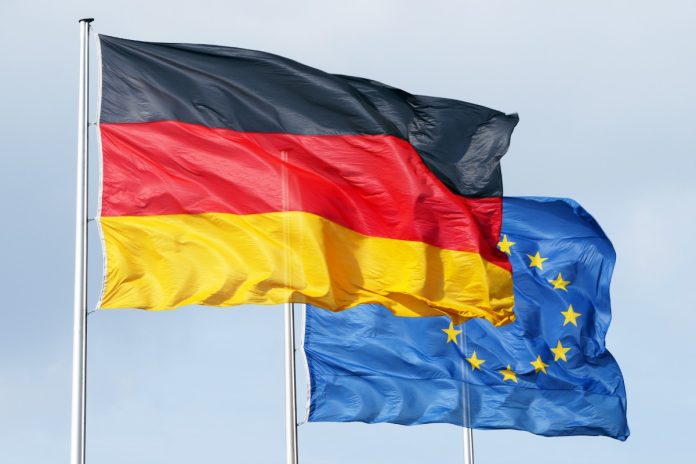Today, the European Union faces a tough choice between the promised green transition, economic security and the pursuit of fiscal discipline, as it is not possible to address all three challenges, according to Politico.
Realising the severity of this trilemma, Germany has focused on fiscal discipline, whereas the green transition and economic security are complementary phenomena that can create a positive feedback loop for the EU.
The green transition is becoming increasingly mandatory at both the European and global level, and its accelerated pace is well justified. Zero carbon emissions must be achieved by 2050 if countries are to remedy the impact of global warming.
According to the newly established EU Scientific Advisory Board for Climate Change, emissions reductions must reach the 95 per cent mark from now until 2040.
However, a rapid transition to such a target could lead to social or political unrest if the financial effort is distributed unfairly. With many national oriented parties strongly criticising the Green New Deal and business condemning the EU’s green ambitions, the warnings should be heeded.
In the current geopolitical context of great power rivalry, it seems that increasing the EU’s economic security is inevitable. Former US President Donald Trump’s sanctions against European companies, the war in Ukraine, China’s policies and the possible return of Taiwan have convinced EU member states of the necessity of de-risking and re-shoring.
The recent document of the Spanish Presidency at the EU Council, aimed at “protecting and promoting” industrial capabilities, suggests further public investment to achieve economic security in the fields of energy, technology, health and food supply, as well as military security.
Europe risks facing huge costs regardless of whether this new industrial policy focuses on shaping the single market and improving the EU’s human and physical capital or concentrates on investments boosting semiconductors, quantum computing, artificial intelligence and biotechnology.
These decisions bring us to the third part of the trilemma – financial discipline – as EU member states are currently negotiating financial rules for the new era. All agree that financial sustainability is a priority if the bloc is to remain intact. The new consensus is that budgetary adjustments must be country-specific.
Germany supports this approach as it has a very strict internal debt brake. And the country, which is in recession, is currently discussing how to cut its public budget.
The United States, which issues the main international currency, does not need to be as fiscally disciplined as other nations. However, the EU issues the second most popular international currency and must also utilise some of its privileges.
For instance, NextGenerationEU, the bloc’s post-pandemic recovery plan, is the embryo of a centralised financial capability, but it is split into national approaches. The next step should now be to develop a European industrial and technological strategy to ensure equal playing field in the single market.
Countries that are financially constrained and need to reduce their national deficits, such as Spain or Italy, are already benefiting from NextGenerationEU public funds to invest in their green transition and economic security.
The EU debate on its own resources needs to be finalised as soon as possible, as this would bring EU debt yields closer to the levels of Germany and France.
Overall, the climate, geopolitical and geo-economic pressures of the present and future require increased public investment to provide the necessary public goods across the EU. The sooner Germany and other European nations realise this, the faster the problem will be solved.
